Your Guide to the Special Education Identification Process – Step 2
Step 2: Child is evaluated.
A group of people, including you, will evaluate your child. This group will begin by looking at what is already known about your child. The group will look at your child’s school file and recent test scores. You and your child’s teacher may provide information to be included in this review.
The evaluation group needs enough information to decide if your child has a disability. It also needs to know what kind of special help your child needs. Is there enough information about your child to answer these questions? If your child is being evaluated for the first time, maybe not.
The team of people, including you, involved in your child’s evaluation will tell the school what information it still needs about your child, and the school must collect that information.
Before the school can conduct additional testing, school personnel must ask you for permission. They must tell you what the evaluation of your child will involve. This includes describing (a) the tests they will use with your child, and (b) the other ways they will collect information about your child. Once you give your informed written permission, the school may evaluate your child to collect the additional information it needs.
The school will collect this information in many different ways and from many different people, including you if you have information you wish to share. The group involved in your child’s evaluation will include these people:
- At least one of your child’s regular education teachers (if your child is, or may be, participating in the regular education environment)
- At least one of your child’s special education teachers or service providers
- A school administrator who knows about policies for special education, children with disabilities, the general curriculum (that is, the curriculum used by non-disabled children), and available resources
- You, as parents or guardians
- Someone who can interpret the evaluation results and talk about what instruction may be necessary for your child
- Individuals (invited by you or the school) with knowledge or special expertise about your child
- Your child, if appropriate
- Representatives from other agencies that may be responsible for paying for or providing transition services (if your child is 16 years or younger, if appropriate)
Other qualified professionals, as appropriate (such as a school psychologist, occupational therapist, speech therapist, physical therapist, medical specialist(s), or others)
Four Evaluation “Musts”
- Using the native language: The evaluation must be conducted in your child’s native language (for example, Spanish) or other means of communication (for example, sign language, if your child is deaf), unless it clearly isn’t possible to do so.
- No discrimination: Tests must be given in a way that does not discriminate against your child because he or she has a disability or is from a different racial or cultural background.
- Trained evaluators: The people who test your child must know how to give the tests they decide to use. They must give each test according to the instructions that came with the test.
- More than one procedure: Evaluation results will be used to decide if your child is a “child with a disability” and to determine what kind of educational program your child needs. These decisions cannot be made based on only one procedure such as only one test.
Tests are an important part of an evaluation, but they are only a piece. The evaluation should also include:
- The observations and opinions of professionals who have worked with your child;
- Your child’s medical history, when it is relevant to his or her performance in school; and
- Your ideas about your child’s experiences, abilities, needs, and behavior in school and outside of school, and his or her feelings about school.
Professionals will observe your child. They may give your child tests. They are trying to get a picture of the “whole child.” It’s important that the school evaluate your child in all areas where he or she might have a disability. For example, they will want to know more about:
- How well your child speaks and understands language
- How your child thinks and behaves
- How well your child adapts to change
- What your child has achieved in school
- What your child’s potential or aptitude (intelligence) is
- How well your child functions in areas such as movement, thinking, learning, seeing, and hearing
- What job-related and other post-school interests and abilities your child has
Evaluating your child completely will help you and the school decide if your child has a disability. The information will also help you and the school plan instruction for your child.
In summary, the evaluations must assess your child in all areas related to his or her suspected disability. The evaluation results will be used to decide your child’s eligibility for special education and related services and to make decisions about an appropriate educational program for your child. If you disagree with the evaluation, you have the right to take your child for an Independent Educational Evaluation (IEE). You can ask that the school system pay for this IEE.
Related Resources

“Every Kid Is a Special Needs Kid”
read article

Does Marriage Affect Disability Benefits?
read article
 search
search 





